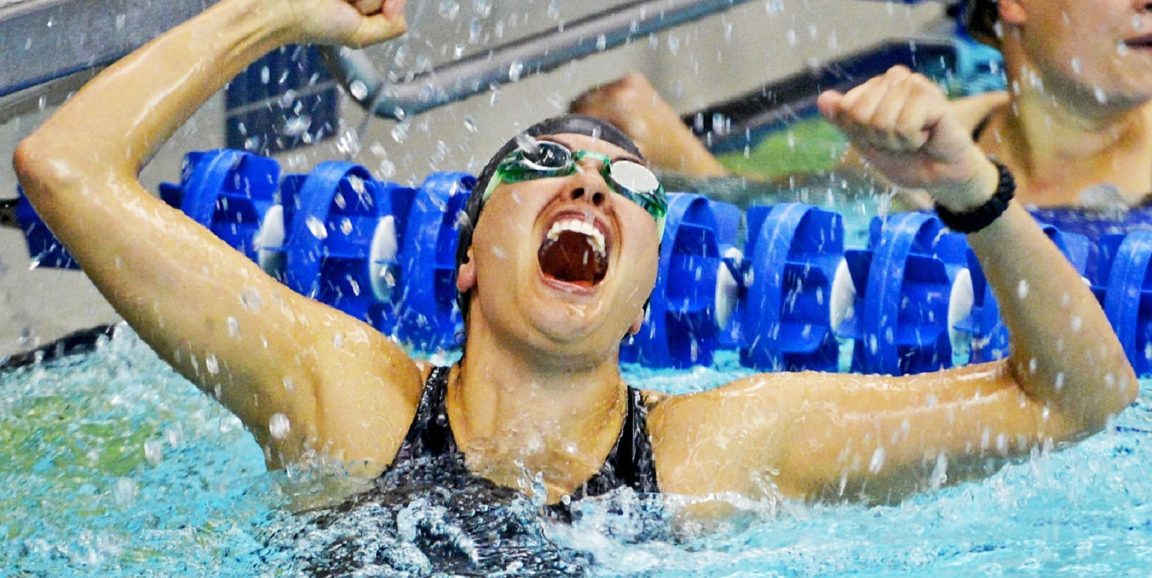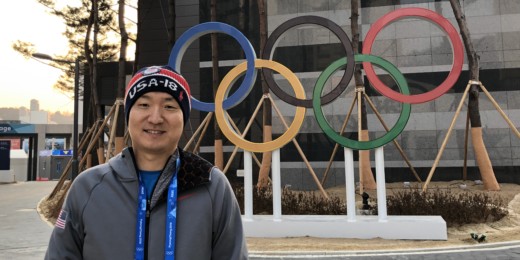Olympic swimmers race about 0.39 seconds faster in the evening than in the morning, and as insignificant as that fraction of a second may seem, gold medals are routinely won by slimmer margins.
"The magnitude of the effect is pretty big," said Renske Lok, PhD, a Stanford postdoctoral fellow in psychiatry and a circadian biologist. "The difference was amazing, considering that athletes train at all times of the day."
An article about her research was published this month in Scientific Reports.
Best results at 5 p.m.
Lok, who conducted the study with colleagues when she was at the University of Groningen in the Netherlands, analyzed the swim times of athletes who reached the finals during the Athens, Beijing, London and Rio de Janeiro Olympic games.
They focused on swimming because it presents fewer variables than other sports. Pools are kept at a consistent temperature; wind is not an issue; and there is no equipment, such as bicycles or shoes, that could affect an athlete's performance.
Their mathematical analysis of the Olympians' finish times showed a pattern: Times were slower in the morning and faster in the evening, with the best results around 5 p.m.
As to why the athletes swam their best in the late afternoon, Lok said, "There are many possible factors. One idea is core body temperature -- it peaks in the evening. But it could also be a function of glucose, oxygen saturation levels, insulin, cortisol, testosterone -- lots of things."
Shifting sleep patterns for peak performance
Lok said that the top performance time of 5 p.m. is an average, so it's likely that lark athletes -- those who wake at dawn -- peak earlier, while night owls peak later.
She added that athletes may be able to use the study's results to improve their performance. If a competition is mid-day, for example, shifting sleeping patterns earlier will allow them to compete closer to their peak. Conversely, if the event is past the dinner hour, it may help if they go to bed later for several days beforehand and sleep in.
The researchers also found that the athletes swam their fastest in the final events and more slowly during semi-final competitions and the qualifying heats. They may have held back on the earlier races to conserve energy, or they may have had a greater competitive drive as Olympic medals appeared within reach.
Lok is not a swimmer. But she runs, and she played soccer for 15 years.
"I definitely hated the early morning games," she told me, "and now it makes sense."
Photo by skeeze






